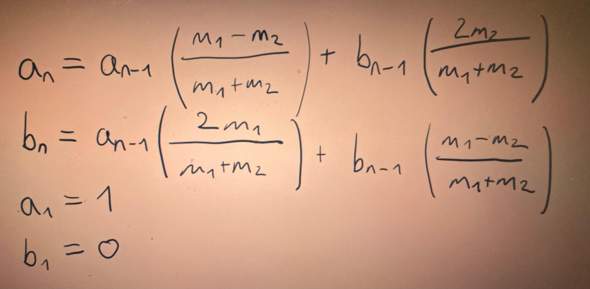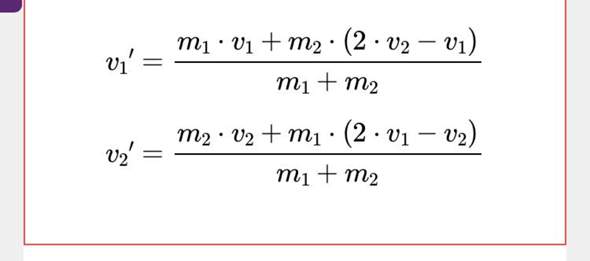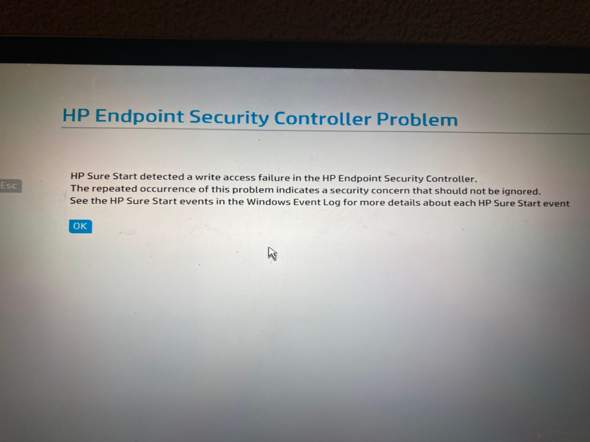Gaming aufnehmen?
Ich möchte mein Minecraft bedwars Gameplay aufnehmen. Ich spiele auf einem Laptop, es sollte also möglichst wenig Leistung brauchen.
Ich kenne Replay Mod aber da schaffe ich es nicht dass es so aussieht:
Also Health bar etc drauf ist. Fals es mit Replay mod geht, wie?
Hat also jemand eine Idee wie ich Leistungssparend das gameplay aufnehmen kann?








